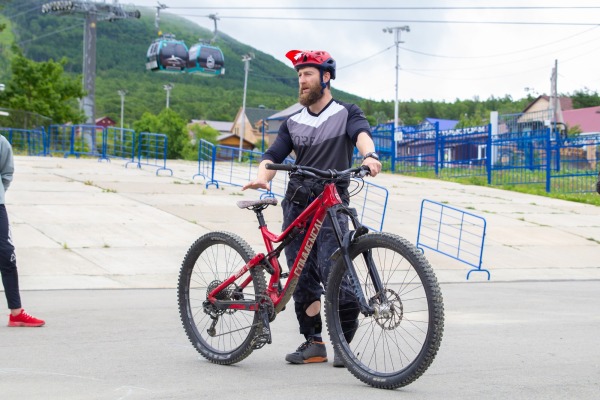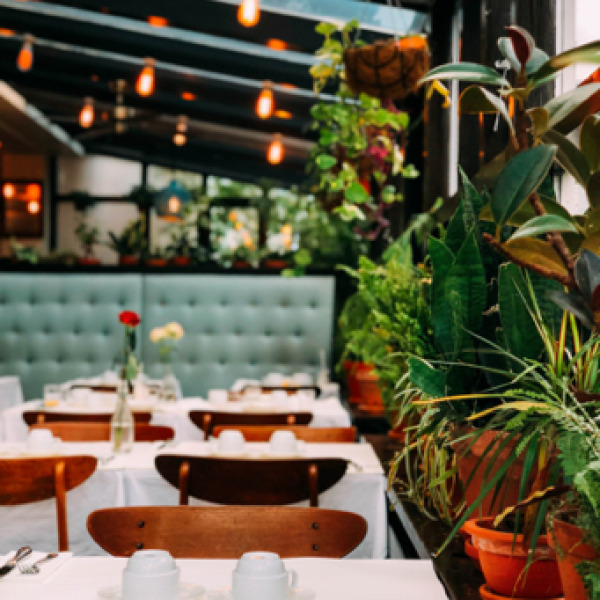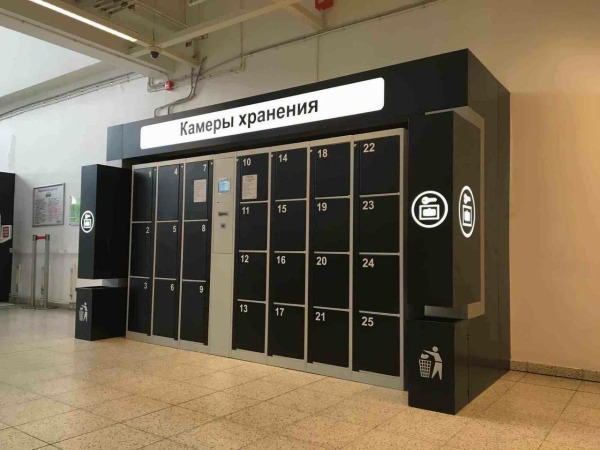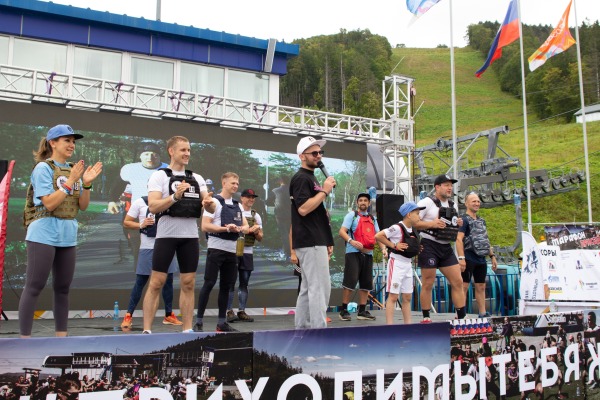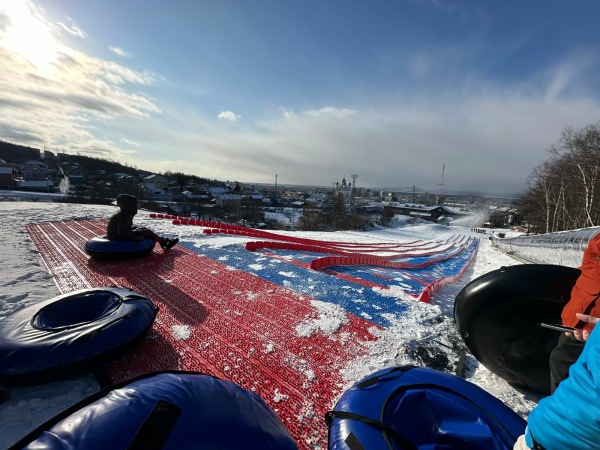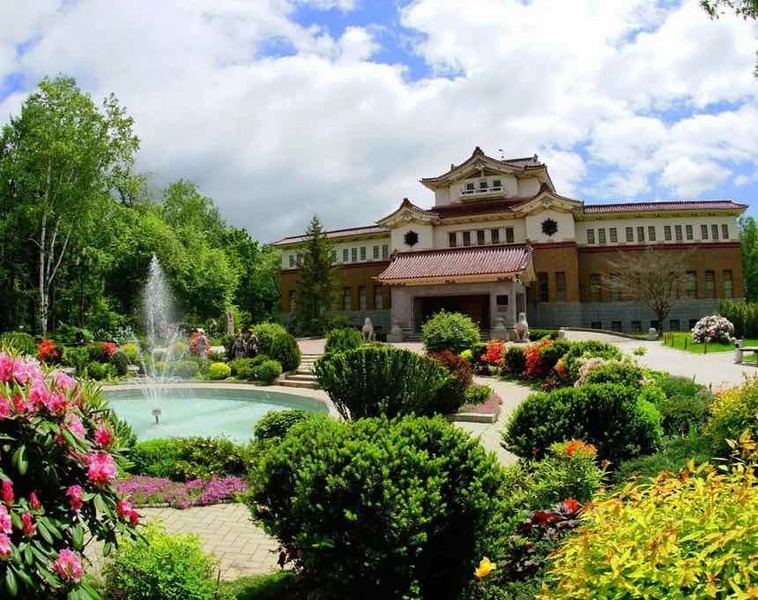
The city's attractions
The island capital is the center of attraction for tourists
The city was founded in 1882 as a settlement of Russian convicts Vladimirovka.
From 1905 to 1945, it was part of Karafuto Prefecture under the name Toyohara - Fertility Valley.
The city was built on the principle of a rectangle: a railway appeared, and the streets of the city ran either parallel to it or perpendicular to it.
The town planning principle Ryosuke Sekiya borrowed from Chicago - the city was divided into four parts by two main streets: Odori - (Lenin) and Maoko dori (Sakhalinskaya). This layout has been preserved to this day.
Museum of Local Lore
Of all the Japanese buildings in Yuzhno-Sakhalinsk, this building in the traditional architectural style of "teikan-zukuri" or "imperial crown" is the best preserved. The expositions of the museum are devoted to the indigenous peoples of Sakhalin, ancient cultures, the period of discovery of the islands, the Japanese governorship of Karafuto and the post-war years. The museum building is surrounded by a cozy Japanese-style park with fountains and ponds.
Art Museum
Former branch of Hokkaido Takushoku Bank. The building was built in the early 1930s, and in the 1980s it was reconstructed and transferred to the museum. The museum collection contains works of art from Russia, Korea, Japan, China of different eras, as well as objects of arts and crafts of the small peoples of the North.
City park. Gagarin
The city park was laid out at the beginning of the 20th century during the governorship of Karafuto. Even now, the park has retained many features of a Japanese garden in terms of landscape: paths lead guests to the most picturesque places. In addition to the lake and sakura alley, there are sports and playgrounds. One of the most interesting objects is the children's railway, which has been operating here since the middle of the 20th century.
Museum of Chekhov's book "Sakhalin Island"
Here are installations from the life of convicts: figures in historical costumes are sitting, sleeping, playing cards. In addition, there is an installation of a tunnel built by prisoners at Cape Jonquière. Various editions of the book "Sakhalin Island" are shown, as well as the writer's belongings. In the museum you can watch a film about the convict island. Literary readings, temporary exhibitions and theatrical performances are also held here.
Glory Square
The memorial complex reminds of the military events of different years. The eternal flame, a bronze statue of a soldier and two sailors are dedicated to those who died in the battles for the liberation of South Sakhalin and the Kuril Islands in 1945. On the Alley of Heroes you can see 14 busts of the heroes of the Soviet Union.
The touching sculpture of a grieving mother reminds of Sakhalin residents who died in the Afghan and Chechen wars. Also on the square in the picturesque park are collected samples of military equipment: guns, tanks, howitzers.
Memorial complex "Victory"
The complex is a square and a five-story museum building. Thematic halls are dedicated to the Russo-Japanese War of 1904-1905 and the Great Patriotic War. One of the most interesting expositions is the panorama “Landing on Shumshu. The last island of the war. When creating the composition, the personal belongings of the fighters found on Shumshu were used.
Cathedral of the Nativity
Next to the memorial complex rises the new Cathedral of Yuzhno-Sakhalinsk. The temple, made in Novgorod architectural traditions, has become one of the largest in the Far East. The central entrance to the cathedral is decorated with a mosaic depicting Christ, which was collected in Jerusalem. The total area of stained-glass windows is 200 m2, the weight of the main bell is 6700 kg.
Railway Museum
Next to the station building is the Museum of the History of the Sakhalin Railway. Visitors will be able to see cross-sectional rails, track condition monitoring devices, uniforms of the driver and station attendant, and Japanese maps of Sakhalin.
In the courtyard of the museum there are Japanese and Soviet diesel locomotives, wagons, tanks, repair equipment, a steam excavator, as well as snow plows of various models (in winter, snowdrifts on Sakhalin can be huge).


